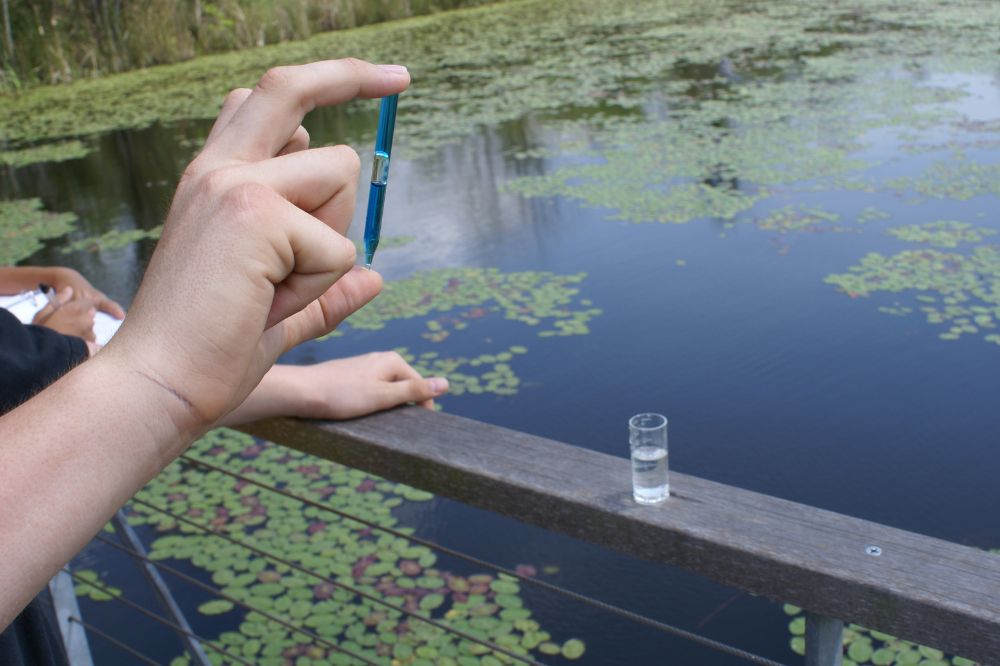When it comes to the food we consume, it is essential to be aware of its shelf life. The shelf life of a food product refers to the period between its date of manufacture and its date of expiry or best before, whichever comes earlier. This information is typically printed on the label of the food product and serves as a guideline for consumers.
Understanding the shelf life of food is crucial for both manufacturers and consumers. For manufacturers, it ensures that their products maintain acceptable quality and safety standards. For consumers, it helps in determining whether a food product is still suitable for consumption or if it has exceeded its shelf life.
Factors Affecting Shelf Life
Several factors influence the shelf life of a food product. Intrinsic factors include the composition and formulation of the food, water activity, total acidity, pH value, potential redox, and available oxygen. Extrinsic factors, on the other hand, depend on the processing, packaging, and storage conditions of the food. These factors include exposure to sunlight, temperature, humidity, damage to packaging, and distribution and places of sale.
Determining Shelf Life
Determining the shelf life of food has always been a challenging task for food business operators. Various methods are used to estimate the shelf life of a product:
- Direct Method: This method involves estimating the shelf life of a product by analyzing its physical and chemical qualities. However, it has limitations and does not consider all factors that affect shelf life.
- Challenge Test: In this test, pathogens or spoilage microorganisms are introduced into the food during the production process to observe any relevant changes. While this test provides valuable information, it does not cover all factors that impact shelf life.
- Predictive Microbiology: This methodology focuses on the microbial response of food items in different environmental conditions. It helps in understanding the behavior of microorganisms in the food product.
- Accelerated Shelf-Life Tests: These tests analyze how a food product behaves under specific storage conditions by modifying temperature, oxygen pressure, or moisture content. They help in estimating the food’s evolution in different storage conditions.
Foods with a Long Shelf Life
Some foods have a longer shelf life than others. Here are a few examples:
- Onions: Onions can last for 1 to 2 months if stored in cool, dark, and dry places.
- Powdered Milk: Powdered milk can be used for 18 months from the best by date. However, if packed in an airtight container, it can last for 2 to 10 years.
- Peanut Butter: Unopened peanut butter can last for 6 to 24 months in the pantry.
- Peanuts: Peanuts can remain fresh for 1 to 2 months if stored in a cool and dry place.
- Tea: Dried tea leaves can last for 6 to 12 months beyond the “use by” date if stored in loose or canned containers.
- Canned Fruit: Canned fruits have a shelf life of 1 to 2 years past the best by date, as long as they are not exposed to intense heat.
- Dried Beans: Dried beans are non-perishable if kept away from moisture in a dry place.
- Freeze-Dried Food: The shelf life of freeze-dried food depends on storage conditions, such as avoiding oxygen, light, moisture, and high temperatures.
- Honey: Honey has an indefinite shelf life, but its texture may change over time.
Legal Requirements for Shelf Life
The Food Safety and Standards Authority of India (FSSAI) has made it mandatory for food products to have a valid shelf life of not less than 60% at the time of import. This regulation ensures that marketers share the responsibility for the quality and safety of food products. Every product must be labeled with an expiry or best before date.
Shelf-Life Testing of Food Products
We provide shelf-life testing services for food products, helping food business operators measure the quality factors and determine when a product loses its quality. This testing ensures that authentic food products meet consumers’ expectations and strengthens the brand value of the product. By minimizing customer complaints and improving product quality, businesses can thrive in the food industry.
Our expertise extends beyond food products, and we offer a wide range of testing services. Contact us for shelf-life testing of food and excel in your food business.















